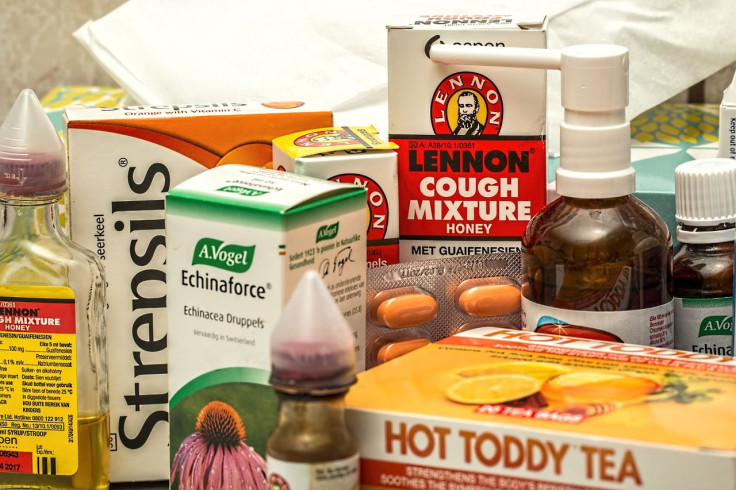This Treatment Should Not Be Used In Getting Rid Of A Chesty Cough

KEY POINTS
- Chesty coughs tend to disappear on their own after a couple of weeks
- Symptoms are alleviated with proper treatment
- Doctors recommend one type of treatment that must not be taken when ill
A wet cough, also known as chesty cough, is characterized by a phlegm-filled and oftentimes wet cough. In this situation, you may feel your chest feeling heavier and every now and then you may cough up phlegm or mucus. In most instances, it starts with a sore throat, and afterward, the cough follows.
Although coughs may disappear on its own after three or four weeks, getting by about your daily routine during this time may prove very difficult. In the case of a chesty cough, seeing the GP may not always be required. In the meantime, however, you need to grab a remedy and alleviate the symptoms. At this time, you need to know whether it is the right remedy or not.
What To Avoid
Dr. Andrew Thornber, the chief medical officer of Now Patient, says that you should avoid taking antibiotics as a chesty cough remedy. He said that this type of cough allows your body to expel excess phlegm or mucus out of its respiratory system.
The excess phlegm or mucus is oftentimes due to the over-production of mucus because of some types of viral infections like flu or cold. In such a case, antibiotics are not an appropriate treatment.
Backed By Research
The advice of Dr. Thornber is not his personal opinion but rather a statement backed by scientific research and proof. A study undertaken by researchers from several institutions in Europe, including the Cardiff University and the University of Southampton, proved antibiotics do little in dealing with chesty coughs.
Researchers found that antibiotics neither shortened the time nor reduced the severity of the symptoms. According to the National Health Service, antibiotics are useless against viral infections like flu and colds, as well as most types of coughs and sore throats.
The health organization also revealed that antibiotics are no longer normally used in treating ear infections in children, sore throats, and chest infections. You need to seek your doctor’s advice on whether antibiotics are good or not for your present malady.
The NHS also said that resistance to antibiotics is becoming a big problem. Having them now when it is not yet needed may result in your body resisting their efficacy in the future.
Instead of taking antibiotics to relieve you of chesty cough symptoms, Dr. Thronberg recommends drinking lots of hot beverages or water. There are also cough remedies that your local pharmacist may recommend to alleviate your symptoms. If your chesty cough persists for more than three weeks, however, or if it is getting worse, you should already see a doctor.
© Copyright IBTimes 2025. All rights reserved.





















